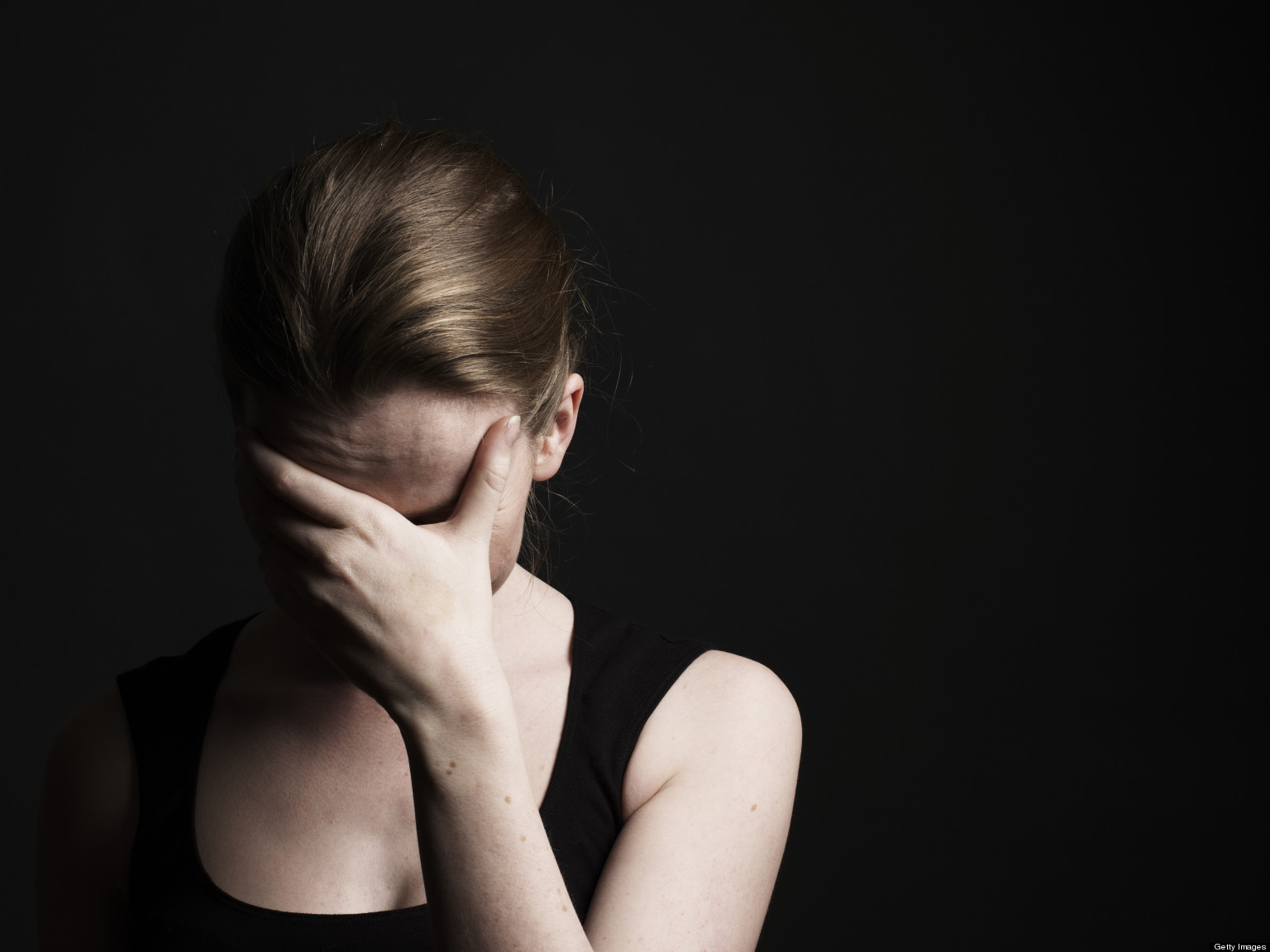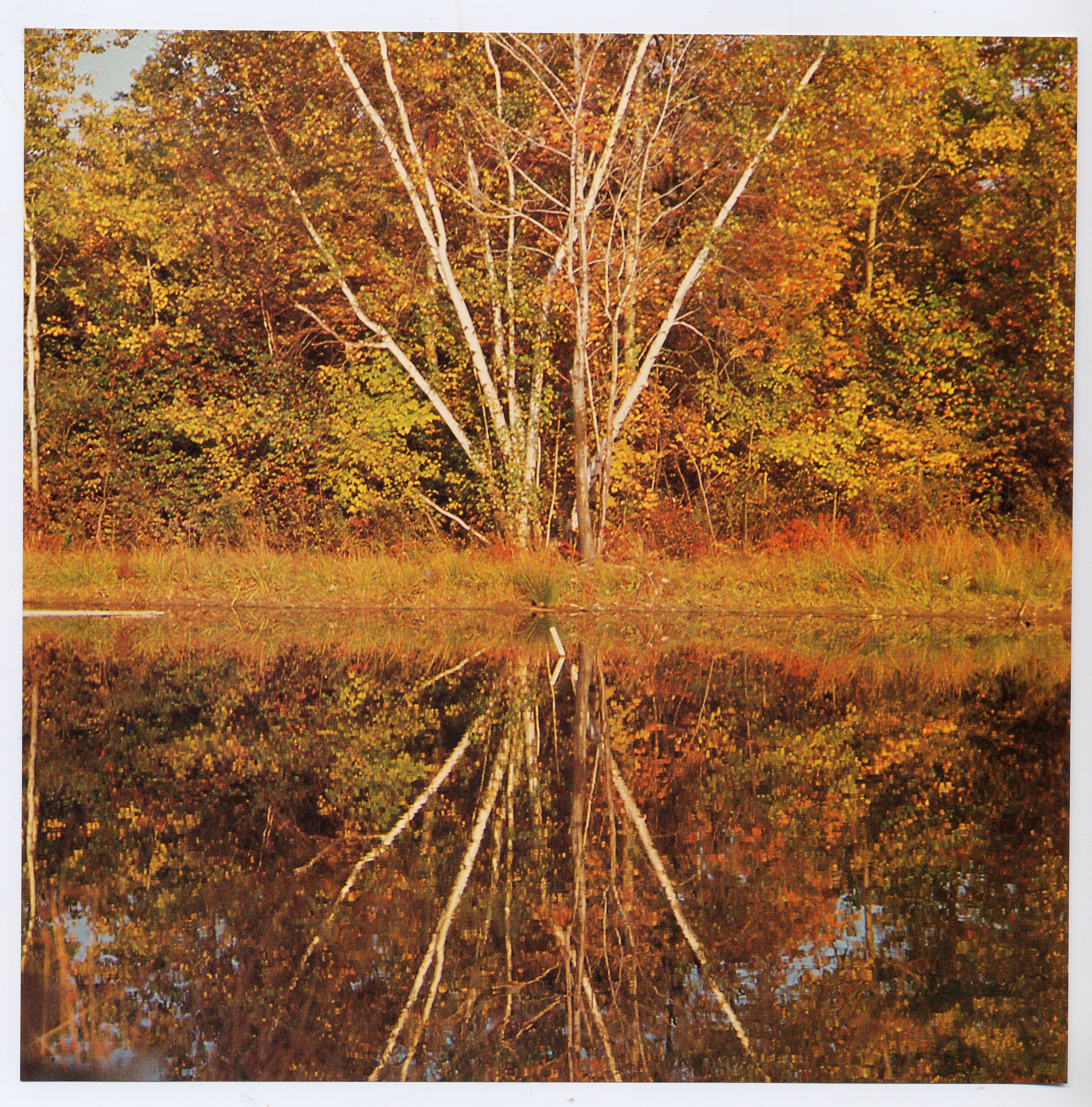Editor: Although this is written for families of loved ones with serious mental illness, I agree with the author that her discussion of resilience is vital to those who have suffered a loss.
Hello,
I have visited and appreciate your website and I get your emails.
I participate in a variety of social media forums for family members trying to survive with loved ones who are seriously mentally ill. The pandemic has been extraordinarily difficult for most of these families, with additional layers of isolation, economic hurdles,  and grief. Some, like me, are grieving the loss of a loved one who died from suicide as a result of a poorly cared for mental illness condition. I find that most of these family caregivers are articulate, helpful, kind, and without skills or support to manage the enormity of their circumstances. I’m one of them. I also spent 20 years as a yoga practitioner and a teacher in a studio that helped me see myself and be with myself no matter what. I find myself polishing off some of the skills and teachings from that time in my life and sharing bits and pieces in response to some of the posts on these social media sites. It helps me to remember my own skills and practices, and I hope my words might comfort or boost someone else too.
and grief. Some, like me, are grieving the loss of a loved one who died from suicide as a result of a poorly cared for mental illness condition. I find that most of these family caregivers are articulate, helpful, kind, and without skills or support to manage the enormity of their circumstances. I’m one of them. I also spent 20 years as a yoga practitioner and a teacher in a studio that helped me see myself and be with myself no matter what. I find myself polishing off some of the skills and teachings from that time in my life and sharing bits and pieces in response to some of the posts on these social media sites. It helps me to remember my own skills and practices, and I hope my words might comfort or boost someone else too.
A mom posted today that she feels numb. She described a few of the traumas she has recently experienced. It’s a lot. She explained that she used to be emotionally expressive. She was simply wondering if others are there with her, in this place of being numb and feeling like a Zombie in her own life. Many responded that they were. Below is basically what I shared with her. When I got your newsletter today, and the request for submissions, it occurred to me that perhaps these words might have meaning for your readers too.
Lately I’ve been pondering the word resilience. It doesn’t mean keeping your chin up and being okay no matter what happens. It DOES NOT MEAN THAT. Our society has such a limited collective opinion about human emotion. Bright, bubbly happiness gets way too much press. There’s this weird misunderstanding that resilience must be gifted to some souls like the tap of a fairy wand—a “blessing.” (That’s a word I despise, but not the topic of this short essay.) People seem to believe that resilience either is or isn’t a strength of theirs and miss the whole point that resilience is a skill to be cultivated.
In some Eastern philosophies the height of enlightenment is to be with what is. Here’s the practice part: What happens if you stop pushing against what is happening? What if you instead accept that numb isn’t a cop-out or wrong but just an experience you are having? What happens if you lean into the experience of feeling what is true and real without judgment? Can you be curious about what you are feeling? Where in your body do you feel that, or something else? You don’t have to be a guru to meditate. Just sit with the feelings, explore them in a felt, physical way, without judgment, and see what is there.
you are having? What happens if you lean into the experience of feeling what is true and real without judgment? Can you be curious about what you are feeling? Where in your body do you feel that, or something else? You don’t have to be a guru to meditate. Just sit with the feelings, explore them in a felt, physical way, without judgment, and see what is there.
What happens if you decide to be kind with yourself? Consider that your feelings and emotions are a logical, healthy, human response to a lot of crisis and trauma. Can you praise yourself when you put feet on the ground, clothes on your body, and bring in enough courage to open your eyes to a new day? Can that be enough?
Being able to practice being with yourself in this way is resilience. Being okay with not being okay is resilience. Everything just as it is. Somewhere deep inside is the strength to show up for another day; that is resilience. You have it already but perhaps need to give yourself permission to stop propping yourself up so you can fall into your own strength.
These are the types of mental practices that helped me access resilience after my son killed himself, and other family members also were falling apart all around me. You are not alone—you belong to a vast humanity that experiences pain, numbness, and the full range of human emotion alongside you. Thank you for every time you reach out in connection to other living beings. Thank you for being curious about how to adapt to ever-changing circumstances. Thank you for being willing to keep your eyes open to envision a future and a pathway toward it: that may or may not feel like hope to you, and that’s okay. These are skills of resilience: belonging, connection, adaptability, and seeing the future/hope.
Resilience doesn’t come from a fairy’s wand. It’s a skill that takes practice. When you stop resisting what you are feeling and allow yourself to fall into what is real and raw, resilience will show up as an aspect of the strength that you already have inside of you.
Thank you for taking time to read what I wrote,
Jerri Clark
Click this link to see Jerri’s video meditation “How to Cultivate Resilience like a Starfish”:
Every Wednesday we will be publishing Pandemic Weekly for, we hope, not too long. We invite you to submit your thoughts, essays, poems or songs. Please send to info@aftertalk.com. To see past Pandemic Weeklies, CLICK HERE


“Let everything happen to you
Beauty and terror
Just keep going
No feeling is final”
Rainer Marie Rilke
When I felt I couldn’t endure one more second of my fear, helplessness and endless pain. I repeated this to myself .
Wow this is so profound. I am sorry for your loss- a loss none of us could ever fathom and yet fear every single day. It is hard to keep reaching out to others for support and your words have reminded me that doing so is self care. Thank you for the work you’ve done to care for all of us and our kids. May your child’s memory be a blessing (Jewish saying).
“Being ok with not being ok is resilience”
I love this and you Jerri.
I admire your heart and your wonderful ability to write what is: true, real and raw.
Thank you,
Paula